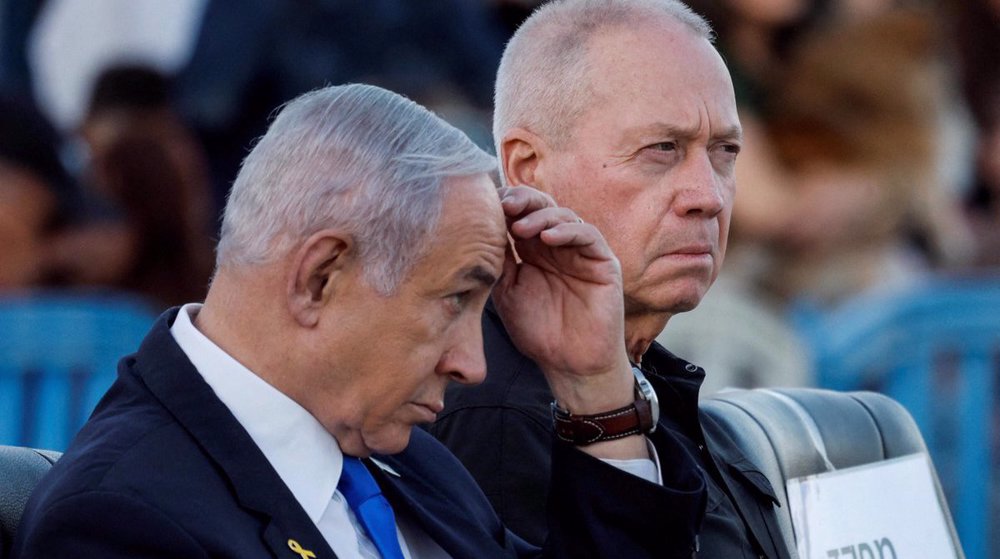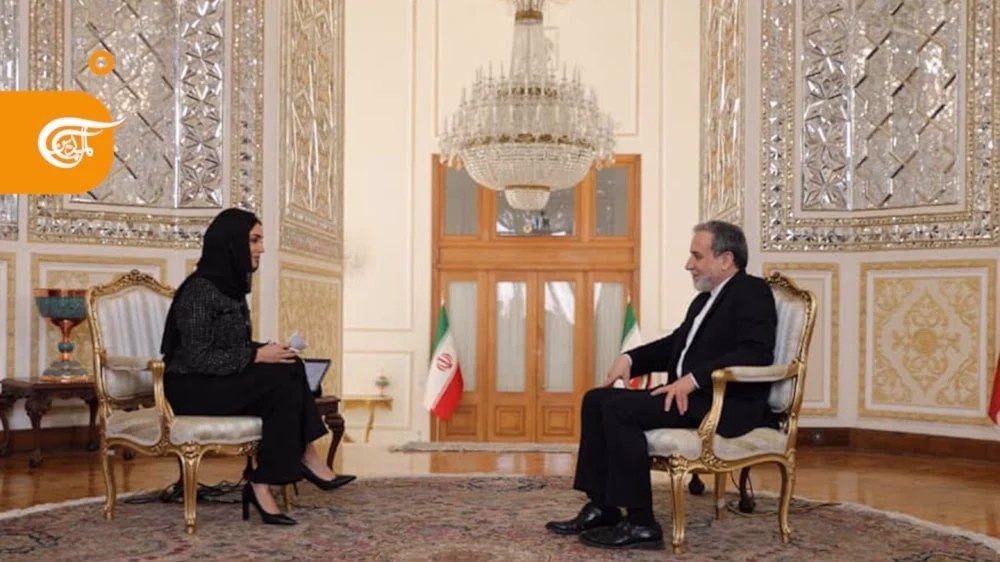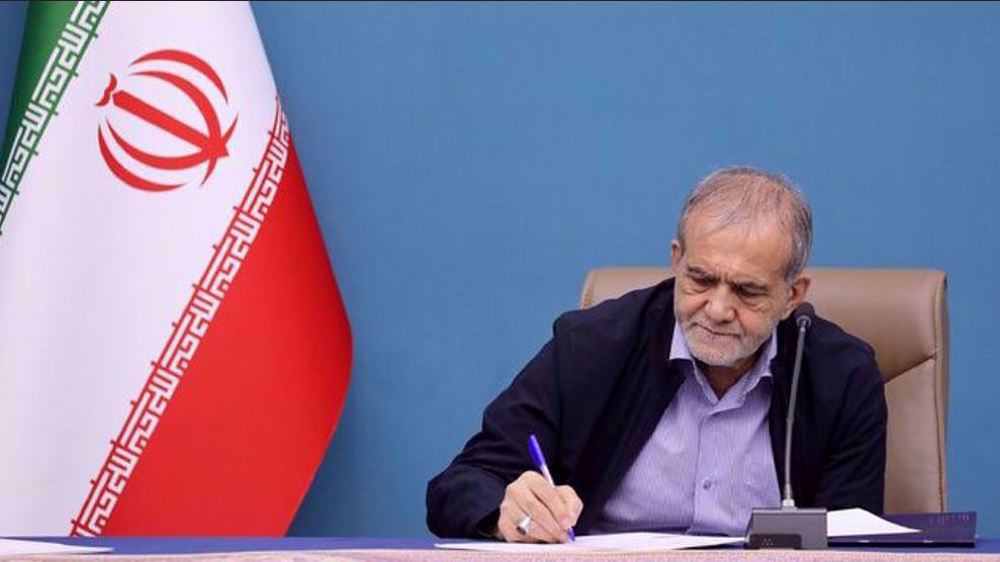Senior Iranian cleric urges defining of JCPOA’s legal status
A senior Iranian cleric has urged officials in the Iranian government to quickly move to define the precise legal status of an agreement recently reached between Iran and the P5+1 group of countries.
In a sermon to worshipers on Friday, Tehran interim Friday Prayers leader Ayatollah Ahmad Jannati pointed to the different viewpoints regarding the status of the Joint Comprehensive Plan of Action (JCPOA) recently finalized by Iran and the P5+1 group of countries, and said some say it is a treaty and thus requires the approval of the Iranian Parliament (Majlis).
If they are right, he said, the Iranian administration should submit the agreement in the form of a draft bill to the Parliament.
Others, he said, believe that it is up to Iran’s Supreme National Security Council (SNSC) to declare its opinion on the JCPOA.
Ayatollah Jannati, who is also the chairman of Iran’s Guardian Council, said he agreed with the first group, but called on the pertinent authorities to define in the quickest manner possible the JCPOA’s precise legal status.
Ayatollah Jannati also described the nuclear issue as a “national” one, saying it should not be used to score political points.
Elsewhere in his remarks, the senior cleric hailed the considerable achievements of Iranian nuclear scientists and officials over the past years. He also thanked the Iranian nuclear negotiating team for their “day-and-night” efforts, and said they utilized their maximum capabilities.

Representatives from Iran and the P5+1 group of countries – the United States, Britain, France, Russia and China plus Germany – succeeded in finalizing the text of the JCPOA in the Austrian capital, Vienna, on July 14.
The latest round of the talks saw 18 days of intense negotiations and all-nighters that capped an overall of 23 months of negotiations between Iran and the six other countries.
Under the JCPOA, limits will be put on Iran’s nuclear activities in exchange for, among other things, the removal of all economic and financial bans against the Islamic Republic.
VIDEO | Iran's president urges Pope to help end Israel's onslaught in Gaza
Iran's senior legal official: ICC arrest warrants for Netanyahu ‘great victory'
Nov. 21: ‘Axis of Resistance’ operations against Israeli occupation
VIDEO | Israeli forces storm West Bank’s Jenin again, target civilians
Iran activates advanced centrifuges after IAEA's 'unjust' resolution
VIDEO | Press TV's news headlines
Iran FM: Response to Israeli aggression 'inevitable'
VIDEO | Iran eases the rules for exporting hand-woven carpets










 This makes it easy to access the Press TV website
This makes it easy to access the Press TV website